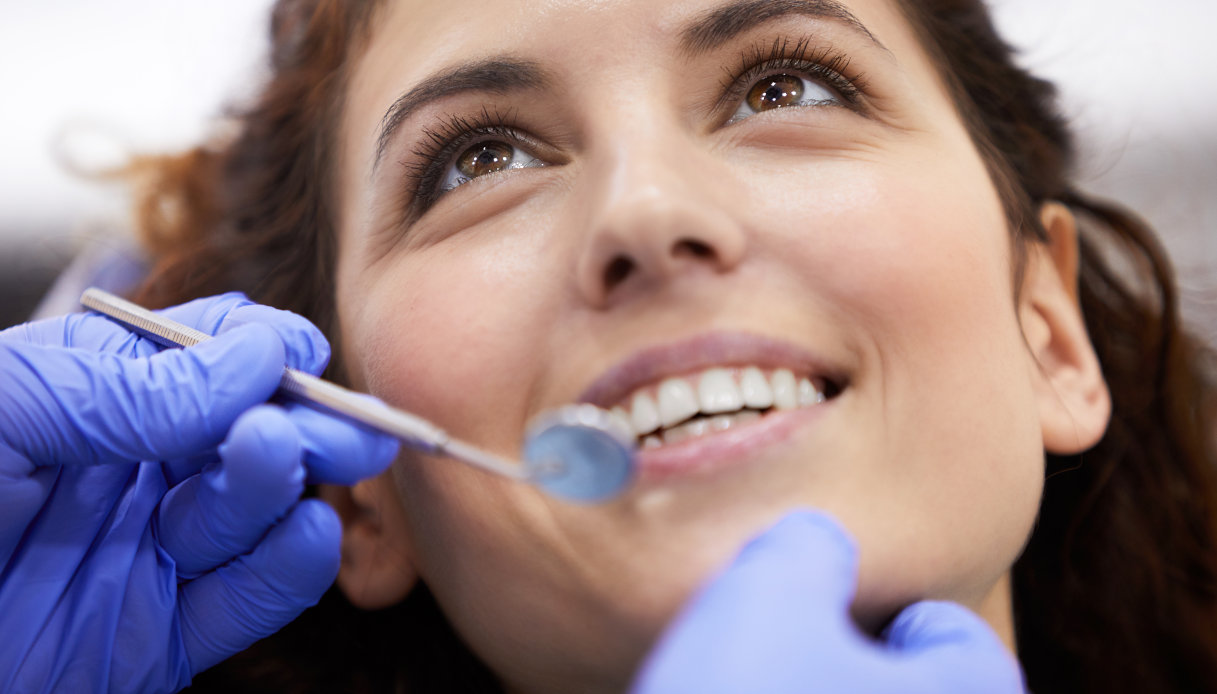People with diabetes have an increased risk of gum inflammation, which is related to increased blood sugar. And on the other hand, if the periodontium, that is the tissue surrounding the tooth, becomes ill, any diabetes present can worsen. In short, metabolic disease can be revealed and monitored over time thanks to careful and regular oral hygiene. To send this message are the experts of AIDI, the Italian Association of Dental Hygienists, who report, among other things, how thanks to a dedicated app it will be possible to fill out a questionnaire to find out your risk of developing diabetes.
The health of the mouth reveals the well-being of the organism
According to recent analyzes, in Italy 30-40% of people with diabetes or prediabetes also suffer from periodontitis. Indeed, a person with diabetes would have a three times higher risk of suffering from inflammation or more serious forms of gum problems. In short, it is two chronic diseasesrelated to each other: as regards periodontal diseases, these often originate from gingival inflammation, generated by the accumulation of dental plaque, which progressively extends to the tissues surrounding and supporting the tooth root.
To combine this condition with diabetes are i bacteria of the oral cavitywhose diffusion increases the production of inflammatory cytokines in the gums and compromises the local immune response, generating chain processes that can lead to a worsening of glycemic control.
Finally, diabetes and periodontitis are linked by a bidirectional relationship in which thehyperglycemia, the level of which also depends on the degree of severity of periodontitis. This is just information that explains how important it is to remember correct oral hygiene and how the right checks are needed, at any age.
This is also the meaning of “Smile to Health”, an initiative scheduled for the National Day of the Dental Hygienist scheduled for October 10, with initiatives that will take place this and next weekend. In addition to diabetes, proper oral hygiene is essential for everyone. A few examples? For teenagers who may have an oral piercing, this involves risks and a number of precautions to take.
For the pregnant woman, numerous clinical studies suggest that bacteria from the mouth can reach the fetus via the bloodstream, promoting low-weight, preterm and preeclampsia births. As we get older, the changes that affect the state of health of the oral cavity become evident and compromise chewing and consequently adequate nutrition as well as phonation and aesthetics.
Don’t just think about aesthetics
The new AIDI app, to be downloaded on your smartphone, has been designed to allow the user to receive teleassistance for oral hygiene and fill out questionnaires and forms with which to express their needs. In the “Patient Area” section, by taking a photo “A selfie to your smile”, you can request professional advice on your oral hygiene from a qualified dental hygienist. “Often we make the mistake of attributing only one to the mouth aesthetic valueor rather “I would like white teeth” – underlines Antonella Abbinante, president of AIDI.
In reality the mouth represents a fundamental organ for the chewing function and speech, with important repercussions on general health and social integration. There is emerging evidence linking some pathologies of the oral cavity, such as periodontitis, including obesity, metabolic syndrome, chronic obstructive pulmonary disease, rheumatoid arthritis, chronic kidney disease, cognitive impairment or incipient dementia and some types of cancer “. Preventing oral disorders therefore also means decreasing the incidence and complication of other systemic diseases.
